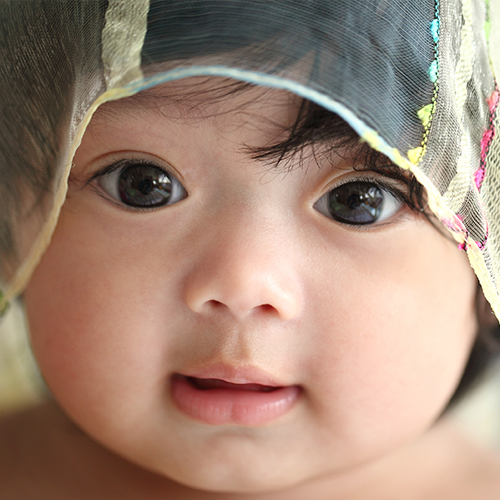
Burping an infant halfway through a feeding and at the end of a feeding is helpful. A lot of breastfed babies will not burp, but we like to give them the opportunity!
After your baby is back to birth weight (typically at the two-week checkup), we suggest not waking a baby to feed at night. During the day, wake an infant to feed if he or she has not asked to feed after three hours. In the beginning, babies need to eat to fall asleep. By four months of age, however, we suggest putting your baby down sleepy but awake. This way he or she learns to fall asleep on his or her own. Then, if he or she wakes and is not truly hungry, the baby can put himself or herself back to sleep without your help.
Around two months of age, a lot of babies are getting into a good routine. Letting him or her cry at night for up to ten minutes is okay if you have just fed and changed the baby. Pacifiers are comforting to some babies.
A newborn sees well up to a distance of two feet. A one month old can see well across a room. Babies like to look at mobiles, mirrors, and your face during feeds. They need to be talked to and enjoy soft music as well.
